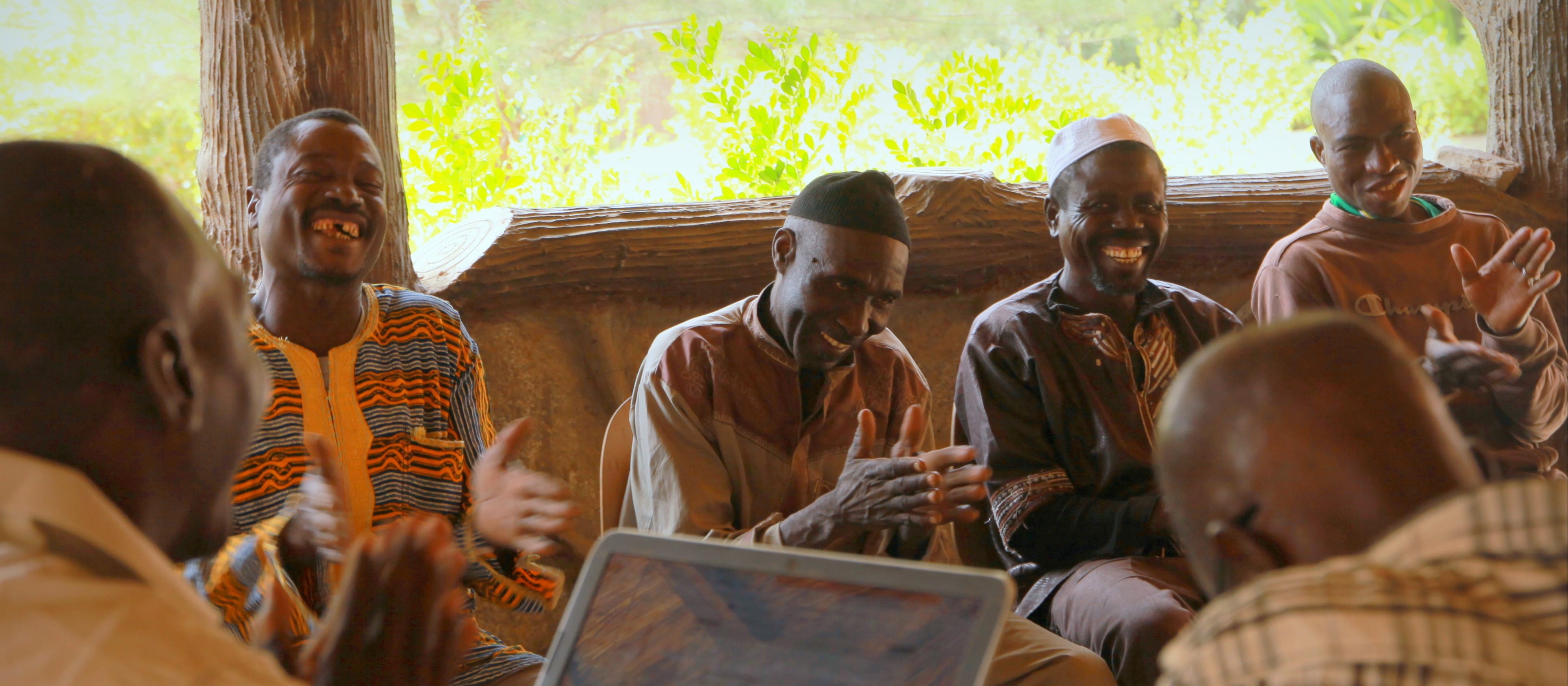- Territorial governance improvment
- Bénéficiaire TF-RD - Tropical Forest & Rural Development
- Montant du projet 47 954 €
- Subventions FFEM 30 000 €
-
État du projet achevé
The project will be implemented in the region of East Cameroon, on the outskirts of the Dja Biosphere Reserve (RBD). The RBD (526,000 ha), a UNESCO World Heritage Site since 1987, is the largest protected area in Cameroon and is home to significant populations of gorillas, chimpanzees and elephants. There is also a so-called peripheral zone of 950,000 ha north of the Reserve where the project will take place.
Most of the flagship species (lowland gorillas, chimpanzees, forest elephants) have been in spectacular decline since the 1970s. The threats fall into 2 categories. First, the pressures linked to the exploitation of natural resources (forests, mines, etc.), the development of agro-industrial plantations (rubber cultivation) and the construction of the Mekim hydroelectric dam located on the Dja river. Second, the pressures of trafficking, through poaching and the commercialization of endangered wildlife.
Since 2010, TF-RD has been working in 23 villages located on the northern outskirts of the RBD. With the financial and technical support of PPI, MAN AND NATURE, MINRESI or AWF, TF-RD has succeeded in developing an approach based on the development of value chains centered on agroforestry products such as cocoa and Forest Products No woody (NTFP) such as Moabi, Wild Mango, Njansang and Mbalaka.
In general, the project aims to create a framework for dialogue between local actors on the periphery of the RBD to improve territorial governance and ultimately the sustainable management of natural resources. Specifically, it will be a question of creating, on the periphery of the RBD, solid partnerships between local communities and logging companies for an equitable management of natural resources (NTFP) and to protect Moabi (Baillonella toxisperma) by raising public awareness of the value of its fruits rather than wood.
